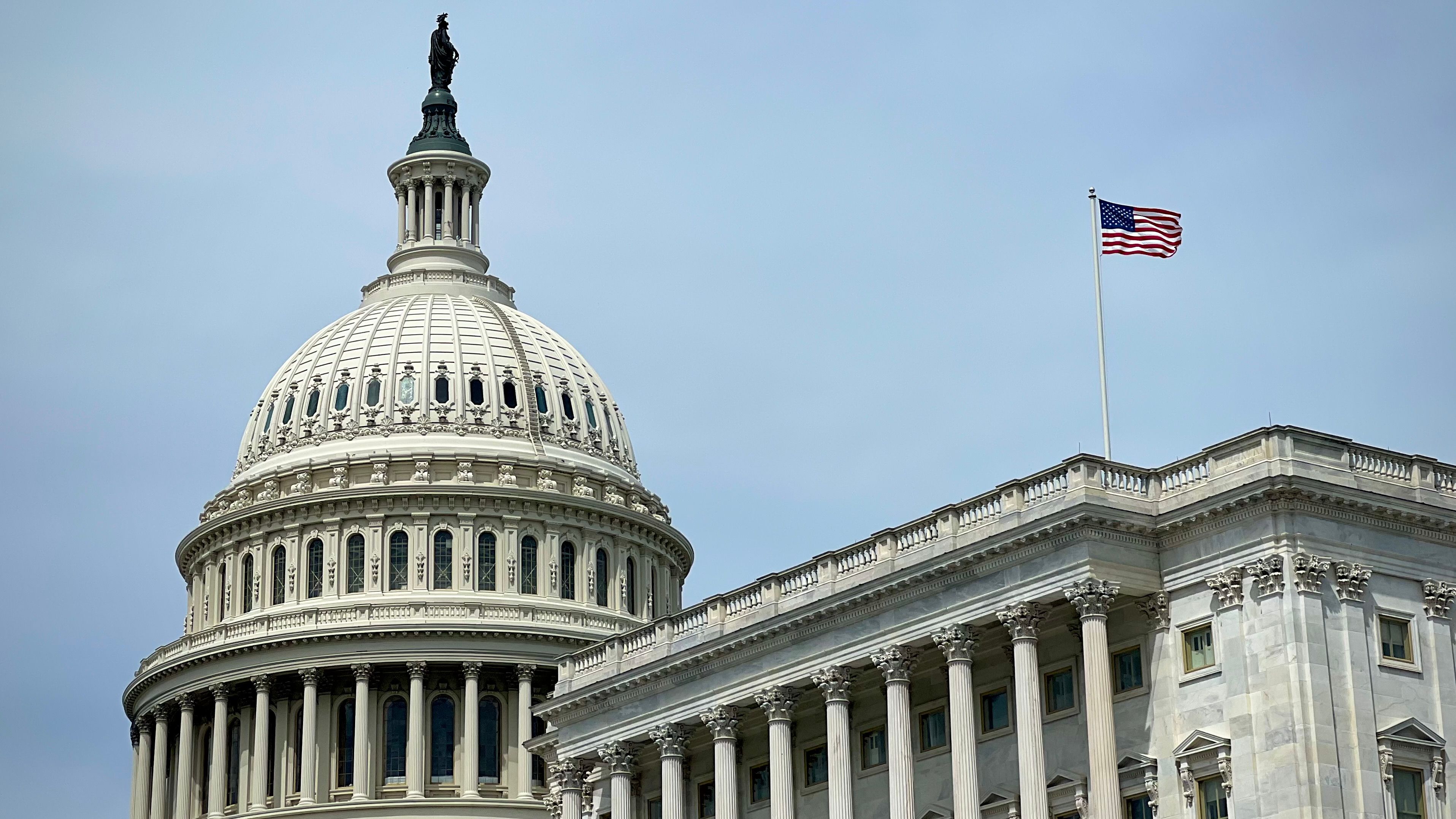
Key Highlights:
- The U.S. House of Representatives has introduced significant legislation regulating the digital asset market, known as the Digital Asset Market Clarity Act.
- This act is primarily backed by Republican lawmakers and aims to designate the Commodity Futures Trading Commission (CFTC) as the main regulator for digital commodities like Bitcoin.
- In contrast, Senate efforts focus on bipartisan legislation for stablecoin regulations, which is currently more advanced than the House’s proposal.
On May 29, 2025, leading Republicans in the House made a formal introduction of a much-anticipated bill designed to provide a solid regulatory structure for the rapidly evolving digital assets market, which has long been sought by industry stakeholders.
The Clarity Act, a 236-page document, is viewed as a starting point for extensive negotiations among bipartisan lawmakers. Its framework would enable crypto platforms to register with either the CFTC or the SEC based on the nature of their trading activities, whether in digital commodity assets or securities.
In a statement during the bill’s introduction, Representative Dusty Johnson, who chairs the agriculture subcommittee focused on digital assets, asserted, “America should be the global leader in the digital assets marketplace, but we can’t do that without establishing a clear regulatory framework.”
The proposed legislation also endeavors to provide financial regulation for crypto platforms under the Bank Secrecy Act, permitting certain decentralized finance operations to exempt from SEC scrutiny, and placing regulations over stablecoin activities within the authority of the regulators who oversee the relevant firms.
Moreover, while the CFTC will define the standards for what constitutes a qualified digital asset custodian, the bill requires an annual report on decentralized finance (DeFi) from the involved regulatory agencies and the Government Accountability Office.
Upcoming hearings scheduled in the relevant House committees will offer an opportunity for lawmakers to engage publicly in discussions surrounding the proposed legislation, as they aim to shape the legal landscape for the U.S. crypto sector.



